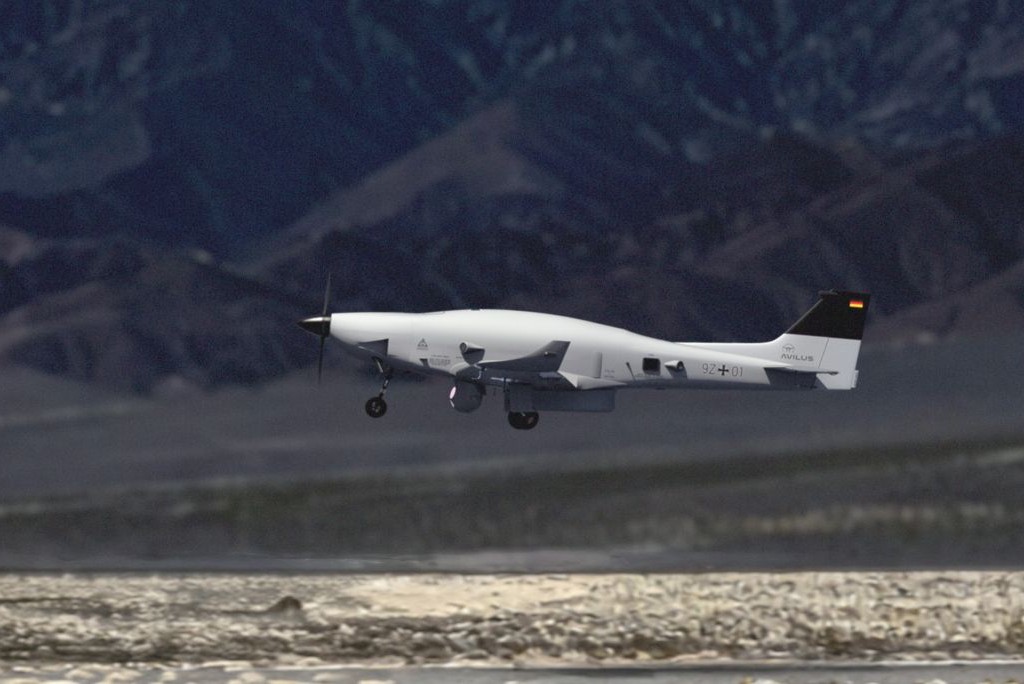Advancements in French Cyber Defense Training and Exercises
Strategic Partnership with Airbus Defence and Space
In a significant move to enhance its cybersecurity capabilities, the French Directorate General of Armament (Direction Générale de lʼArmement: DGA) has sealed an eight-year collaboration with Airbus Defence and Space. Announced on July 11, this contract aims to cultivate a cohort of cyber-defense specialists within the French Armed Forces and the Ministry of the Armed Forces.
As part of this partnership, Airbus will spearhead the creation, deployment, and upkeep of advanced training platforms alongside the design of tailored cyber-defense training scenarios. Notably, the initiative will bolster France’s Cyber Defence Academy, part of the Cyber Defence Command (COMCYBER), which will receive a state-of-the-art training facility, specifically set up to prepare various cyber-specialist roles.
Focus Areas of Training
The training modules orchestrated by Airbus will address key areas critical to modern warfare dynamics:
- Malware Attacks: Developing strategies to identify and mitigate malware threats.
- Denial of Service: Preparing personnel to counteract service disruption attacks.
- Data Theft Prevention: Mitigating risks associated with unauthorized data access.
- Information Manipulation: Training to discern and neutralize the impact of misinformation.
- Social Media Disinformation: Understanding the role of social platforms in cyber warfare.
In a bid to foster innovation, Airbus anticipates collaborating with small- and medium-sized enterprises (SMEs) specializing in artificial intelligence, integrating cutting-edge technology into their training framework.
Enhanced Multinational Interoperability
In parallel with these initiatives, France conducted its most extensive military exercise in decades, named ‘Orion,’ between April and May 2023. This large-scale operation engaged approximately 19,000 troops from France and allied NATO nations including Belgium, Germany, Greece, Spain, the United Kingdom, and the United States. The aim was to simulate multidomain operations across cyber, space, and electromagnetic fields, thereby enhancing interoperability among allied forces.
Training for High-Intensity Cyber Operations
The ‘DEFNET’ exercise stands out as a crucial facet of France’s efforts to sharpen its cyber warfare competencies. Led by COMCYBER, the exercise serves as an arena for practicing “high-intensity cyber combat” techniques. The most recent iteration, scheduled for March 2025, will involve managing twenty simultaneous cyber incidents, providing participants with an authentic experience of the complexities faced in real-world engagements.
France’s strategic investments in cybersecurity training signify a broader trend in military preparedness, acknowledging that conflicts of the future are likely to involve both conventional and cyber elements. This dual focus not only aims to fortify national defenses against evolving cyber threats but also to reinforce alliances through cooperative training opportunities.
Conclusion
The evolving landscape of cyber warfare necessitates a comprehensive and proactive approach to training and operational readiness. Through partnerships like that with Airbus Defence and Space and exercises such as ‘Orion’ and ‘DEFNET,’ France is positioning itself as a formidable player in the realm of cyber defense. As threats continue to escalate, these efforts will prove essential in maintaining national security and supporting NATO objectives in a digitally interconnected world.





